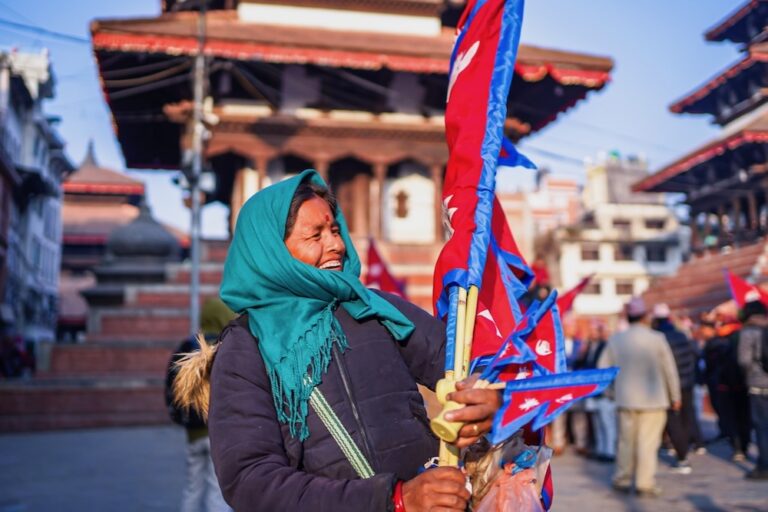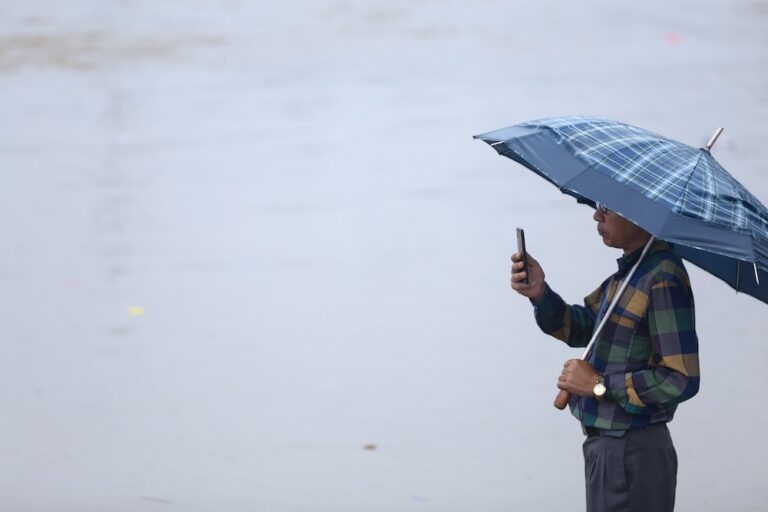(CEHURDES/IFEX) – CEHURDES reports that two journalists have been rearrested shortly after their release from custody. The organisation condemns this action taken by the authorities and urges them to respect press freedom and freedom of expression and release all the journalists who remain in detention. On 22 January 2003, the authorities rearrested journalist Bharat Sigdel, […]
(CEHURDES/IFEX) – CEHURDES reports that two journalists have been rearrested shortly after their release from custody. The organisation condemns this action taken by the authorities and urges them to respect press freedom and freedom of expression and release all the journalists who remain in detention.
On 22 January 2003, the authorities rearrested journalist Bharat Sigdel, a reporter for “Janadisha” weekly, and Dilip Chauhan, of the monthly “Dishabodh”, outside the central jail in Kathmandu, immediately following their release. Sigdel was earlier arrested in Battisputali on 18 May 2002 with Krishna Sen, the editor-in-chief of “Janadisha” weekly who was killed in June after being tortured in custody (see IFEX alerts of 22 and 16 October, 27 and 8 August, 12 and 2 July, 26 June and 22 May 2002). Chauhan was previously arrested on 8 June. Sigdel and Chauhan were incarcerated at the central jail and Bhadra Bandi Griha prison. Chauhan previously wrote news reports under the alias “Dilip”.
According to “Dishabodh” editor Iswarchandra Gyawali, the journalists had been working together since the inception of both publications. Gyawali also claimed that they shared a cell in detention.
CEHURDES sources indicate that both Sigdel and Chauhan are presently detained at the Hanuman Dhoka District Police Office in Kathmandu.
Background Information
Following the imposition of a state of emergency on 26 November 2001, more than 150 journalists were arrested in different parts of the country. The state of emergency was lifted on 28 August 2002, but more than two dozen journalists remain in detention. Some journalists have reportedly been physically and psychologically tortured. Several detainees’ whereabouts are unknown. There have been no reports of official charges filed against any of the detained journalists.
The security forces killed Sen in June after torturing him in custody. Maoist rebels killed journalist Nawaraj Sharma (see alerts of 23 and 22 August 2002), and journalist Ambika Timsina was killed on 12 December by unknown assailants (see alert of 20 December 2002). The rebels also abducted journalists Demling Lama and Dhan Bahadur Roka (see alerts of 11 and 9 April 2002). Lama managed to escape but Roka’s whereabouts remain unknown.
On 4 October, King Gyanendra assumed all executive powers. Prime Minister Sher Bahadur Deuba was sacked and elections scheduled for 13 November were postponed for an indefinite period. On 11 October, the king formed a government under monarchist Prime Minister Lokendra Bahadur Chanda, granting him limited powers.
Since February 1996, Communist Party of Nepal (CPN-Maoist) rebels have been fighting to establish a republican state and abolish Nepal’s constitutional monarchy. More than 7,000 people have been killed in the conflict. Nearly half of the victims were killed after the state of emergency declaration.


